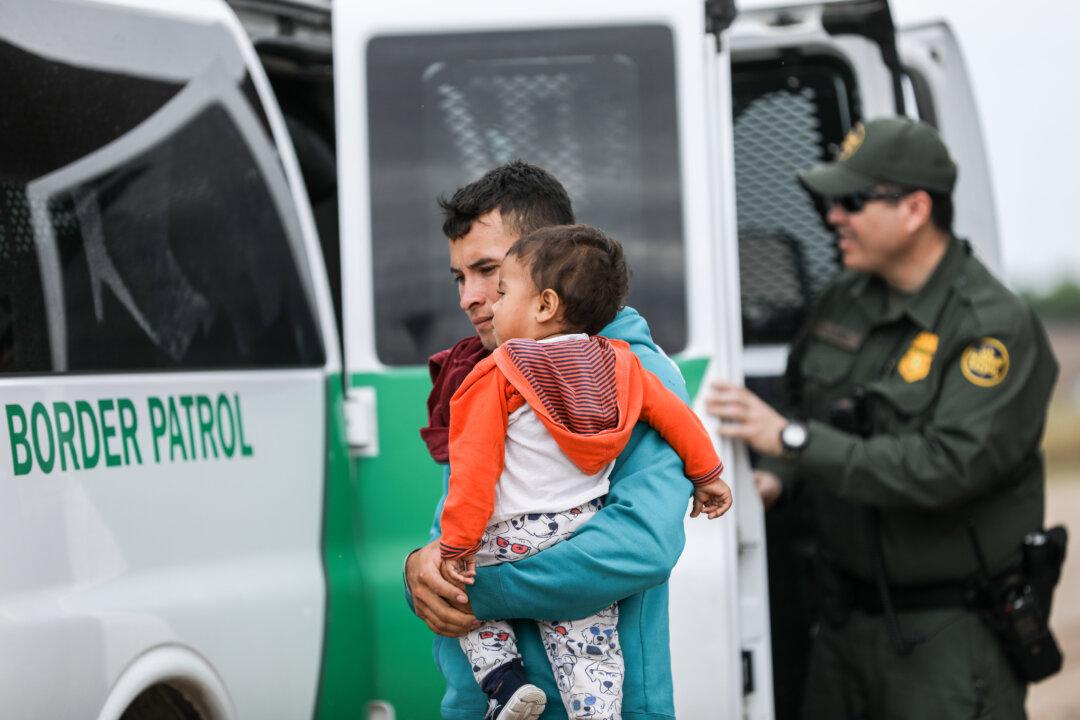WASHINGTON—Record-setting numbers of illegal immigrants during March saw Border Patrol facilities reach such overcapacity that agents were forced to release some migrants within hours of apprehending them—often dropping them at local bus stations.
Border Patrol apprehended 92,000 illegal aliens along the southwest border in March—consisting of 53,000 family units, 30,000 single adults, and 8,900 unaccompanied children.





